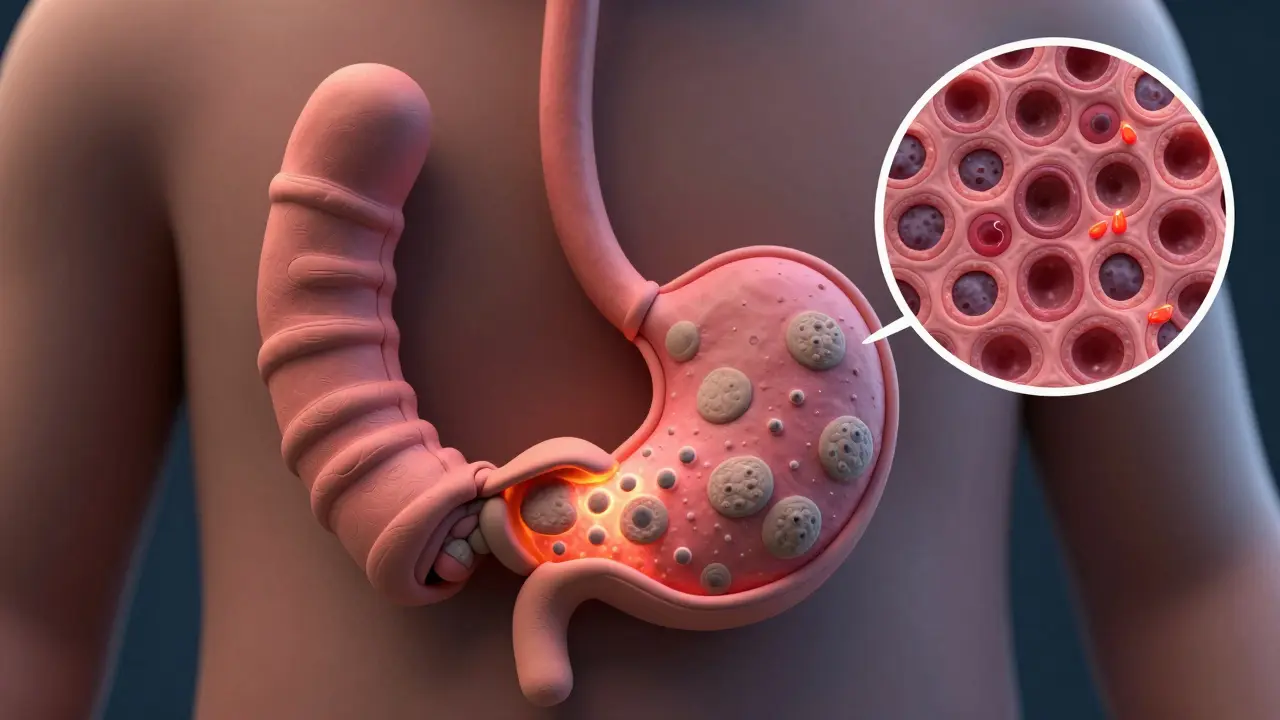Ever felt that burning pain in your chest after eating? That's probably acid reflux, where stomach acid sneaks back up into your esophagus, causing discomfort. It’s not just a one-time thing; frequent acid reflux might mean you have gastroesophageal reflux disease, or GERD.
So why does acid reflux happen? It’s often due to a weak muscle at the bottom of your esophagus that’s supposed to keep stomach acid where it belongs. Eating big meals, lying down right after eating, or certain foods like spicy dishes or coffee can trigger it. Even smoking and some medications play a role.
You don’t have to live with that stomach burn. Try eating smaller meals and avoid eating late at night. Raising the head of your bed a few inches helps keep acid down while you sleep. Also, steering clear of known triggers like fatty foods, chocolate, or alcohol can make a big difference.
Over-the-counter antacids can offer fast relief by neutralizing stomach acid. If you need something stronger, proton pump inhibitors or H2 blockers reduce acid production. But don’t just self-medicate if you experience severe symptoms like difficulty swallowing or persistent chest pain—get checked out.
Living with acid reflux doesn't have to be confusing. With the right lifestyle tweaks and, if needed, meds, you can manage symptoms well. Keep an eye on what triggers your reflux and tailor your routine to feel your best every day.

Chronic GERD significantly increases esophageal cancer risk, especially in men over 50 with obesity or smoking history. Learn the key red flags like trouble swallowing and unexplained weight loss-and what steps can prevent cancer before it starts.
Jan 23 2026
Menu